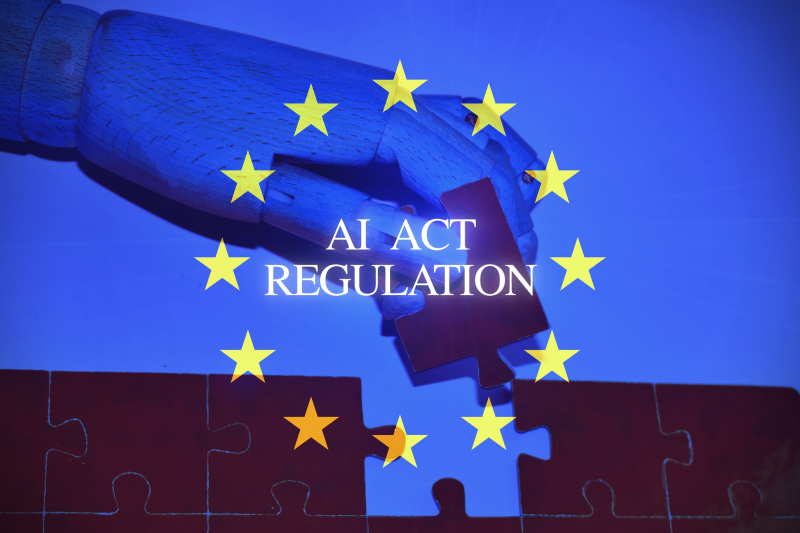Contents
The Technology section is published with the support of Favbet Tech


After reaching a political consensus in December, EU legislators voted by a majority (523 – “for”) approved a landmark document regulating AI and requiring transparency from suppliers, The Verge reports.
“Europe is simply now setting global standards in the field of artificial intelligence,” wrote Thierry Breton, European Commissioner for the Internal Market on X.
European Parliament President Roberta Metsola called the legislation groundbreaking, saying it would promote innovation while protecting fundamental rights.
“Artificial intelligence has already entered our daily lives to a large extent. Now it will also be part of our legislation,” she wrote on the social network.
What the Law Offers?
The EU Artificial Intelligence Law divides technologies into risk categories, ranging from generally “unacceptable” (which will be banned), to high, medium and low risk technologies.
An example of “unacceptable” technologies are artificial intelligence-based remote biometric identification systems for facial scanning by local authorities. “High-risk” programs include critical infrastructure, product safety components, essential private and government services, law enforcement technology that may violate people's rights, and the like. “Limited risk” apps will be required to be more transparent (examples include user interaction with chatbots and the ability to learn more about the interaction process, as well as assurance that AI-generated content is identifiable).
The law provides space for the “free use” of artificial intelligence at “low risk,” which includes applications such as AI-enabled video games or spam filters. According to the EU, the “vast majority” of AI systems used in the bloc currently fall into this category.
At the same time, the EU's Artificial Intelligence Act still does not clarify how companies should treat copyrighted material that goes into model training data.
Fullstack Web Development Course. Become a universal developer who can create web solutions from scratch. Join
What punishments are provided?
Fines will range from €7.5 million or 1.5% of a company's total global turnover (whichever is greater) for providing incorrect information to regulators; up to €15 million or 3% of global turnover for breach of certain legal provisions such as transparency obligations; up to €35 million, or 7% of turnover, for the deployment or development of prohibited AI tools.
When it comes into force?
The law still needs to undergo final scrutiny and approval from the European Council. It will come into force 20 days after publication in the official journal and will be fully applied after 24 months with some exceptions:
- restrictions on prohibited practices will apply 6 months after the effective date;
- general purpose artificial intelligence rules (12 months after effective date);
- liabilities for high risk systems (36 months).
What other countries have?
China has already introduced a number of laws on artificial intelligence. But in the United States they have not been able to begin regulating artificial intelligence, despite the fact that the country is home to such large market players as Meta, Amazon, Adobe, Google, Nvidia and OpenAI. The Biden administration has only issued an executive order that forces government agencies to develop security standards and rely on voluntary, non-binding agreements signed by major AI players. Several bills filed in the Senate focused primarily on deepfakes and watermarking.
Last August, Mikhail Fedorov reported that the Ministry of Digital Development had begun work on regulatory rules for the use of AI in Ukraine.
The Technology section is published with the support of Favbet Tech


Favbet Tech is IT a company with 100% Ukrainian DNA, which creates perfect services for iGaming and Betting using advanced technologies and provides access to them. Favbet Tech develops innovative software through a complex multi-component platform that can withstand enormous loads and create a unique experience for players. The IT company is part of the FAVBET group of companies.
The competition for ITS authors continues. Write an article about the development of games, gaming and gaming devices and win a professional gaming wheel Logitech G923 Racing Wheel, or one of the low-profile gaming keyboards Logitech G815 LIGHTSYNC RGB Mechanical Gaming Keyboard!

